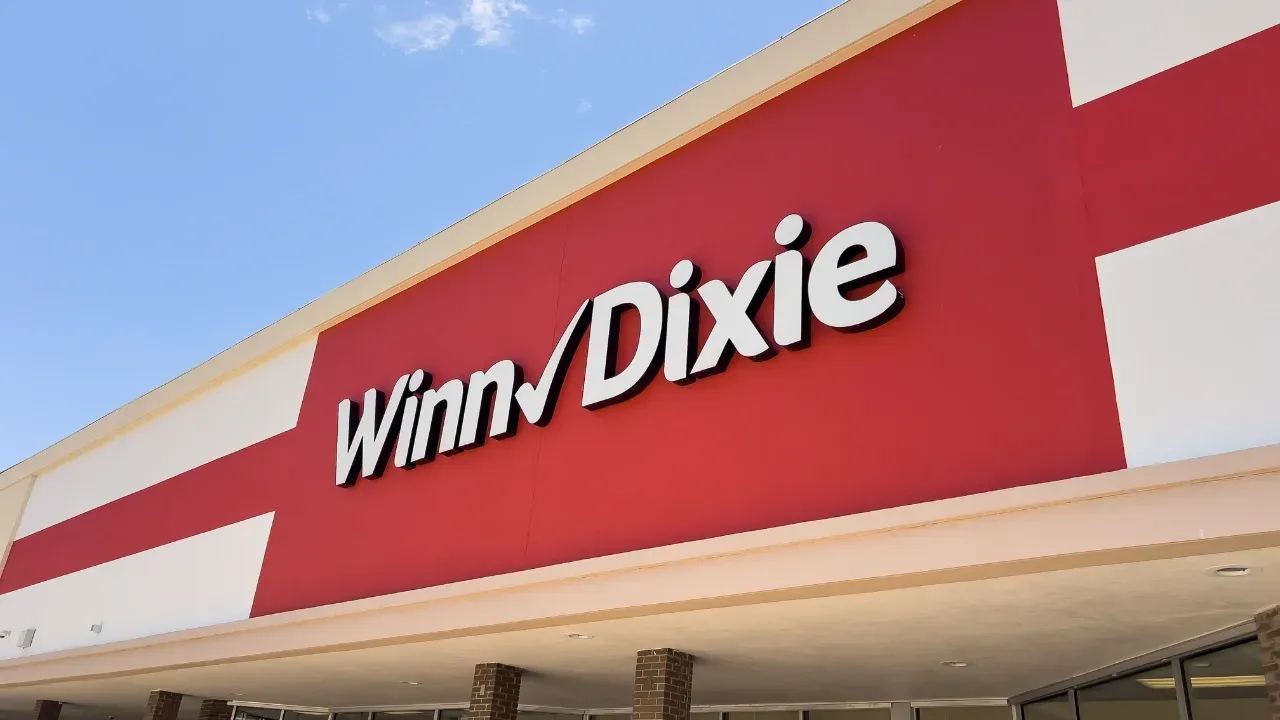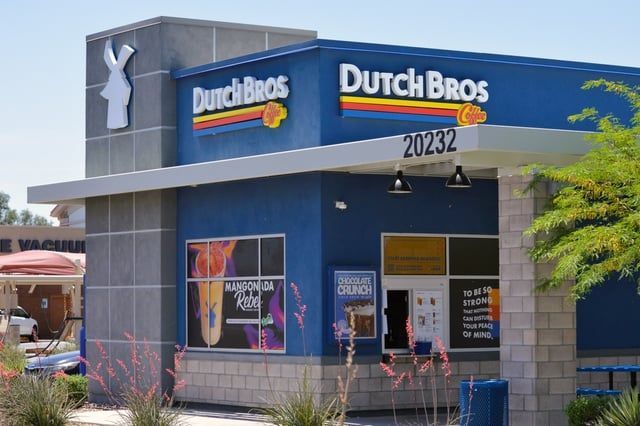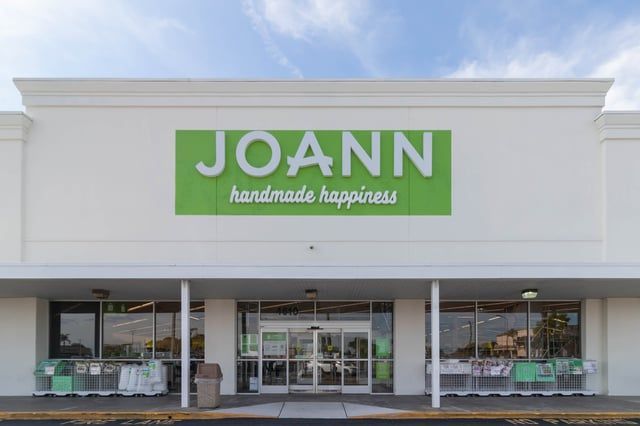Weekly Perl: A Commercial Real Estate News Recap

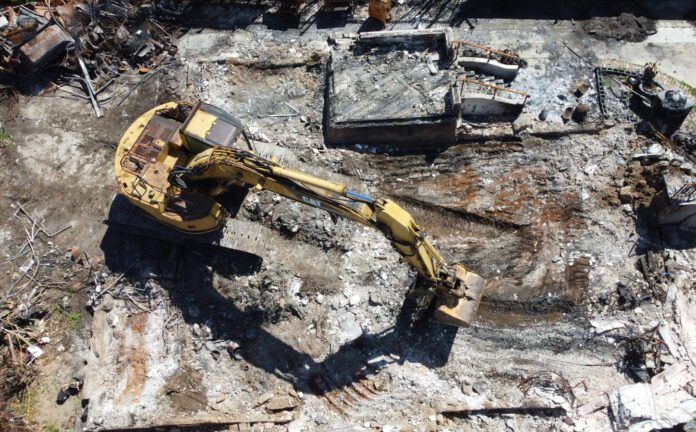
Governor Newsom suspends permitting rules, expands FEMA cleanup, extends ROE Deadline to April 15
California Governor Gavin Newsom has signed several executive order aimed at accelerating the rebuilding of fire-ravaged communities in Los Angeles County. A new order, announced on Thursday, March 27, suspends permitting and environmental review requirements to fast-track infrastructure repairs and prevent future wildfires.
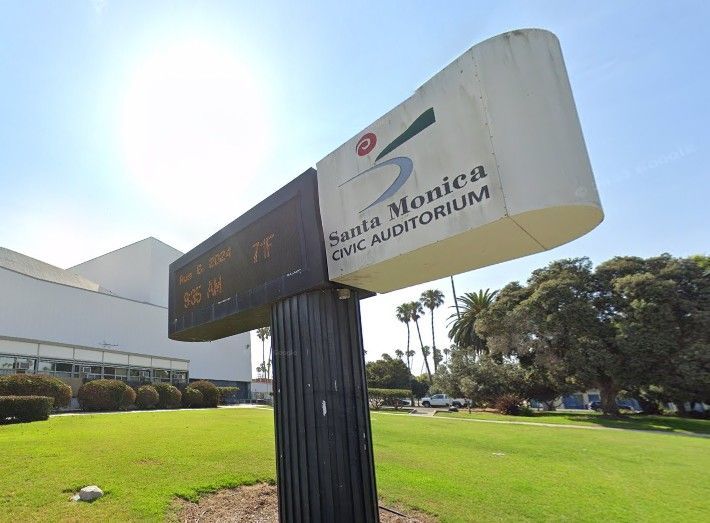
City Approves Redevelopment Deal for Civic Auditorium
Officials said the next phase of the process includes site analyses to assess redevelopment viability
The Santa Monica City Council has taken a step toward revitalizing the long-shuttered Civic Auditorium, approving an Exclusive Negotiating Agreement with Revitalization Partners Group on Tuesday.
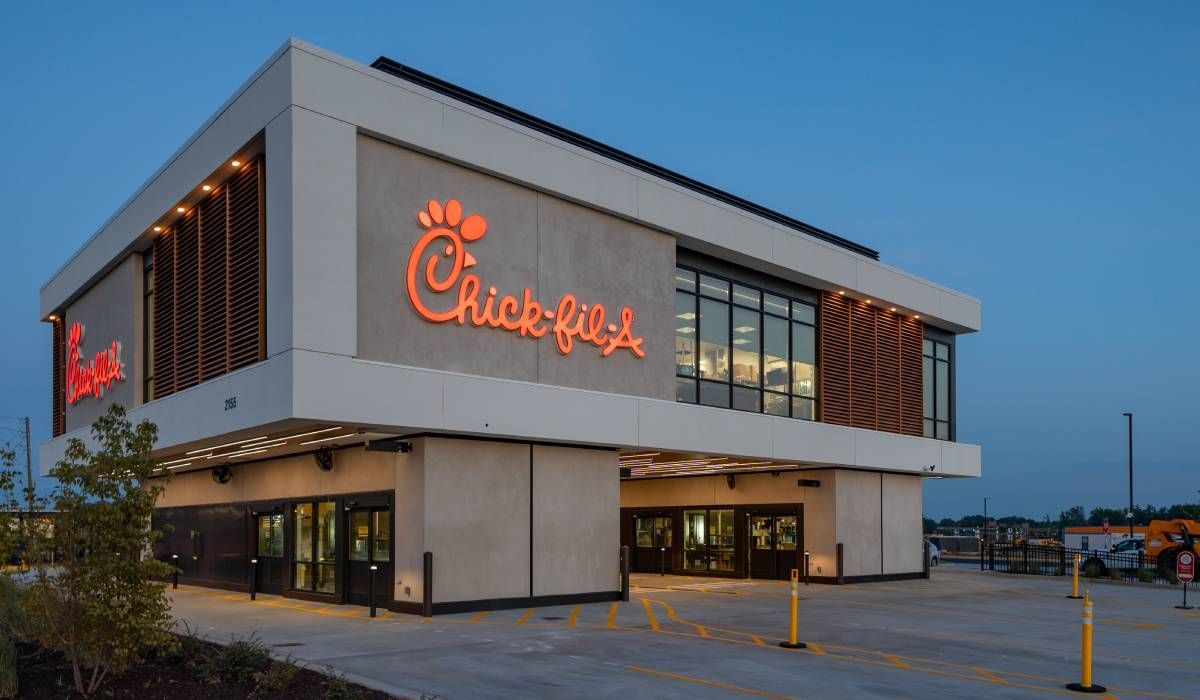
Chick-fil-A’s Sales Surpassed $22 Billion in 2024
While Chick-fil-A’s year-over-year sales growth wasn’t as robust as recent years, percentage wise, it continued to push unrivaled volumes at scale. In 2024, of the roughly 2,179 domestic franchised restaurants not located in malls (freestanding or drive-thru-only units), opened and operated for at least year a calendar year, the median annual sales volume was $9.227 million and the average annual sales volume $9.317 million, according to the brand’s FDD, which was released Wednesday.

Retail rent gains slow as store closings provide more leasing options
Landlords still see elevated rent increases for spaces that turn over, just not at previous record levels

NRF predicts 2025 retail sales growth of 2.7% to 3.7%
The National Retail Federation said conditions remain relatively positive for consumer spending in 2025, and predicted that retail sales—excluding auto dealerships, gas stations, and restaurants—would grow between 2.7% and 3.7% this year. That compares with 3.6% retail sales growth in 2024.

Investors favor small-dollar deals as large properties face rising vacancies
U.S. commercial property prices were mixed in February, with the amounts in high-dollar deals falling as those in the low-dollar range rose.
Tenant occupancy drove the swings in value, according to the latest monthly CoStar Commercial Repeat-Sale Indices. It tracks when a previously sold property trades hands again in a process called a repeat sale.

How Proposed Tax Changes Could Affect Commercial Real Estate
With key provisions of the 2017 Tax Cuts and Jobs Act (TCJA) set to expire, commercial real estate professionals must stay informed about potential tax policy shifts. Proposed changes under a new administration could significantly impact tax liabilities, investment strategies, and property development costs.
Winn-Dixie to close four Alabama stores
Winn-Dixie said it is planning to close four locations in Alabama in the coming weeks, following its confirmation last week that it also plans to close one store in Georgia.
WinCo Foods said to plan first Colorado stores
WinCo Foods is planning its first locations in Colorado, according to local reports.
The company, which operates large, no-frills, warehouse-style stores known for their competitive prices, bulk foods, and broad assortments, has acquired property for two locations, one each in the towns of Thornton and Firestone, the reports said.
Dutch Bros to open 1,000 new shops by 2029; expands long-term goal to 7,000
Dutch Bros is getting even more bullish on store expansion. It's also entering the consumer packaged goods market.
Available retail space increases for first time in two years
The recent stretch of store closings has pushed retail space availability to a new two-year high.




